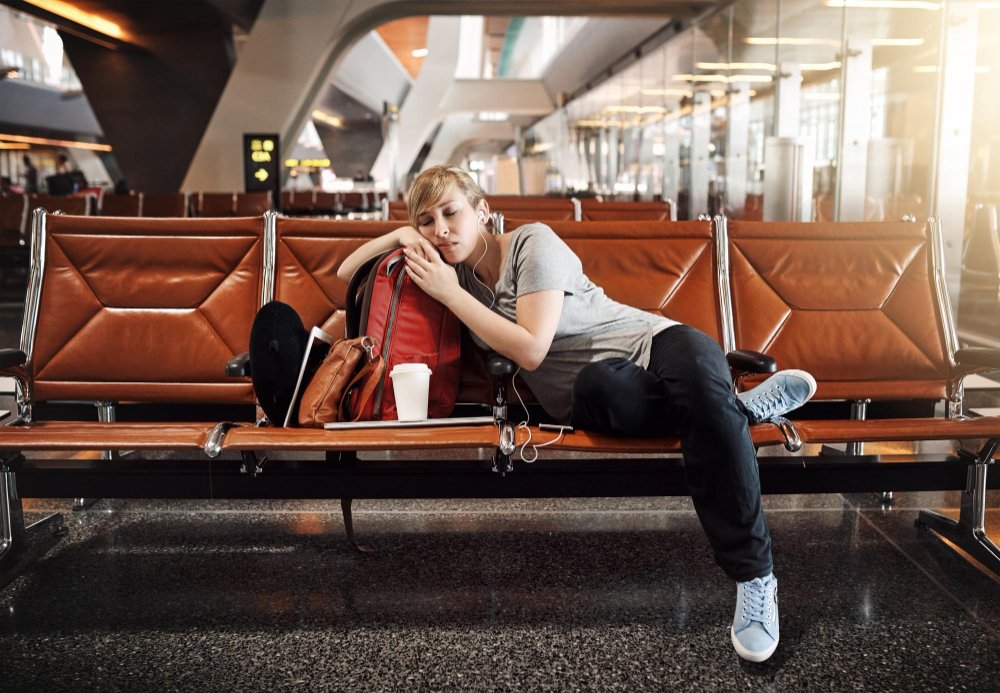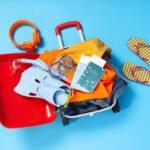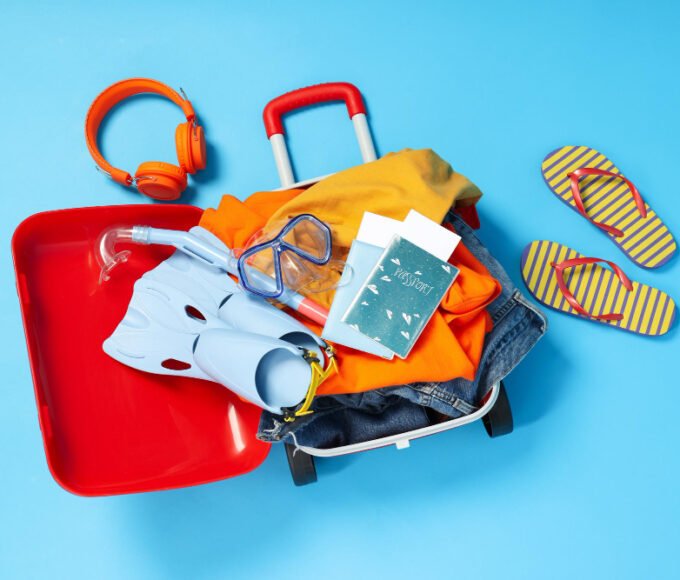The bags are packed, the tickets are secured, and the car is pulling up to the curb. Just one question before you step out the door: Should you eat?
Many travelers find their stomach is the first part of the body to go against the stress and motion of a journey. This usually leads people to think that skipping a meal will prevent nausea, indigestion, or mid-flight bloat.
But is fasting really the right way towards a comfortable trip? The simple answer is no.
Arriving at the airport with a heavy, greasy meal is not the smartest choice, but deliberately going hungry can be equally problematic.
The Problem With Going Hungry
The belief that an empty stomach prevents motion sickness is appealing—less in your stomach means less potential trouble. The body doesn’t cooperate with this logic.
When your stomach is empty, it still generates acid. This acid, when mixed with the disorientation signals that cause motion sickness, may trigger painful heartburn and worsen nausea.
Not to mention, going without food before a trip also drains your energy and focus, which are both needed for navigating airports, unfamiliar roads, or long security lines:
- Dizziness and Headaches: An empty stomach causes low blood sugar. This can quickly bring on lightheadedness and irritability. The low oxygen and dry air inside an airplane cabin only make these symptoms more severe.
- Heightened Motion Sickness: A hungry body is already under stress. Adding the movement of a car, train, or plane to this physical tension increases your sensitivity to motion, making you more likely to feel sick.
- The Junk Food Trap: Delaying food until you are completely famished makes you prone to making an unhealthy, impulsive choice at the first available rest stop or terminal. Salty chips or sugary soda offer a fast burst of energy followed by an immediate crash.
The Science of “The Smart Snack”

The best strategy is to eat something light, easily digestible meal one to two hours before departure. This gives you sustained energy without overburdening your digestive system.
The discomfort many travelers feel often results from atmospheric pressure changes. When a plane reaches high altitude, the air pressure inside the cabin drops, allowing gases in your digestive tract to swell by as much as 30%.
A heavy, rich, or high-fiber meal creates more gas, which leads directly to bloating and discomfort while you’re seated in a confined space.
To prepare for this, choose foods that are bland, simple, and full of nutrients:
| Good Travel Foods | Foods to Pass On |
| Simple Carbohydrates (Oatmeal, whole-grain crackers, toast) | Fried or Greasy Foods (Digestion is slow; they invite indigestion) |
| Bananas (Easy to digest; high in potassium to fight bloat) | Bubbly Drinks (They introduce extra gas into your system) |
| Lean Protein (Hard-boiled egg, plain yogurt) | Gassy Vegetables (Broccoli, beans, high-fiber fare) |
| Ginger (A natural remedy for nausea) | Spicy Foods (Higher risk of heartburn and reflux) |
Hydration, Timing, and Caution
Eating right before traveling is about more than avoiding a stomach ache; it’s vital for overall wellness. Keeping a few key principles in mind helps set you up for a smooth journey:
- Hydration is the Priority: This matters more than food itself. Low humidity on a plane will dehydrate you quickly, leading to fatigue and headaches. Drink water, herbal teas, or coconut water. Cut back significantly on alcohol and caffeine—both pull water from your system.
- Time it Well: Aim for a small, balanced meal or snack about 90 minutes before you board or start a long drive. This allows your body to start processing food before you settle into your seat.
- Use Familiar Foods: Select foods you know your body handles with ease. Travel day is not the time to try new, complex, or very rich dishes. Sticking to simple, familiar options helps keep your gut—which already deals with travel stress—running smoothly.
So, Eat Before You Go
You should never travel on a completely empty stomach. Fueling your body correctly provides the steady energy and comfortable digestive environment needed to handle unexpected delays and turbulence. Skip the heavy meals but definitely pack a light snack. Your stomach will be grateful.











